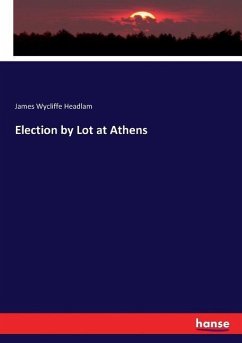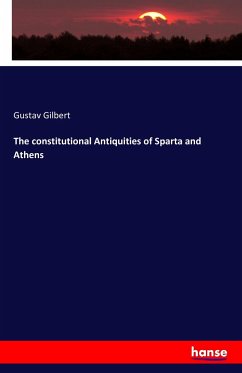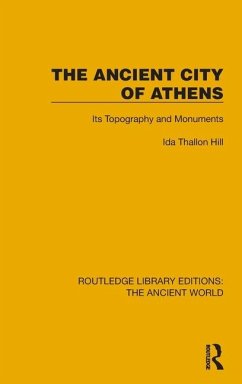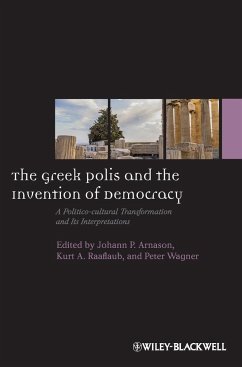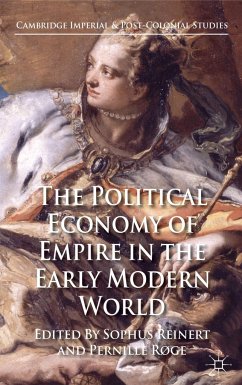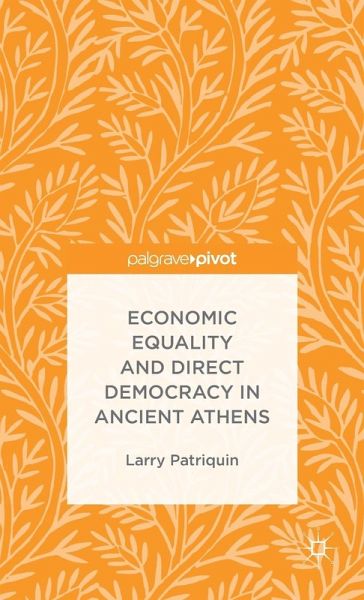
Economic Equality and Direct Democracy in Ancient Athens

PAYBACK Punkte
19 °P sammeln!
This book argues that ancient democracy did not stop at the door of economic democracy, and that ancient Athens has much to tell us about the relationship between political equality and economic equality. Athenian democracy rested on a foundation of general economic equality, which enabled citizens to challenge their exclusion from politics.






